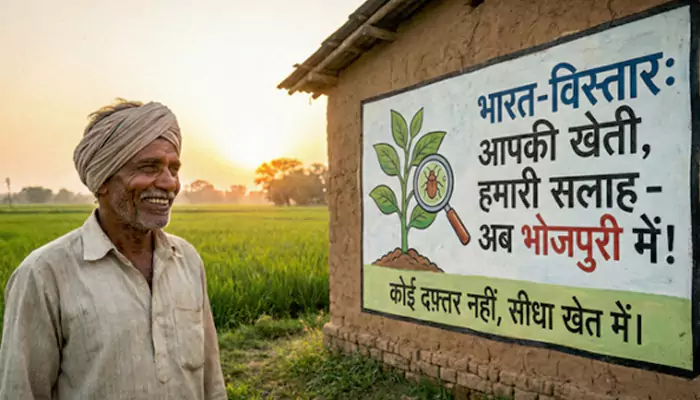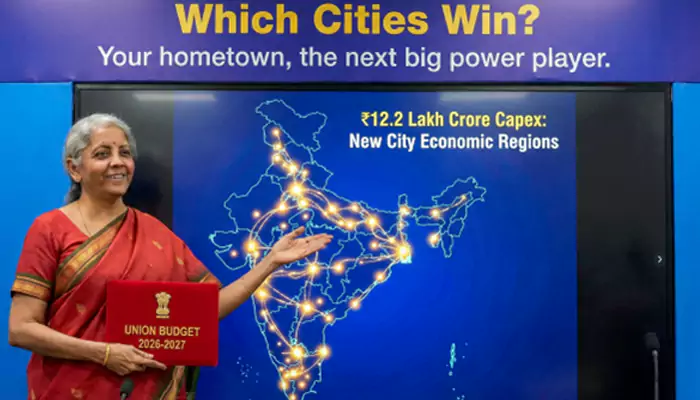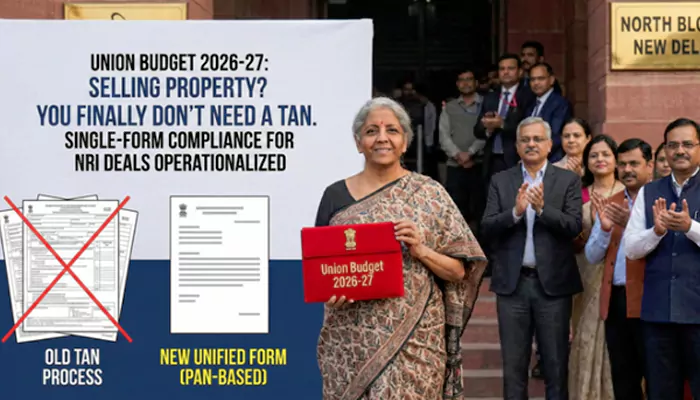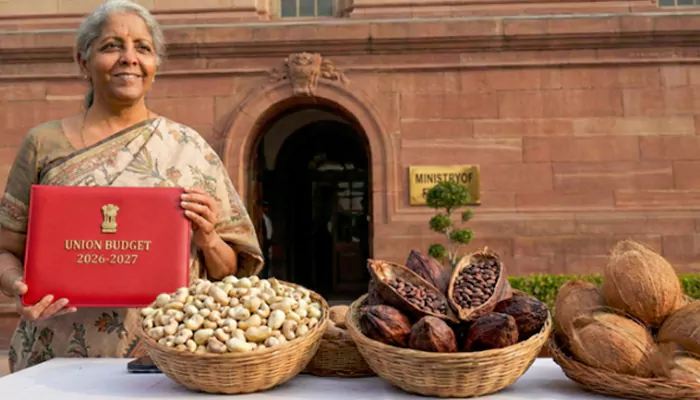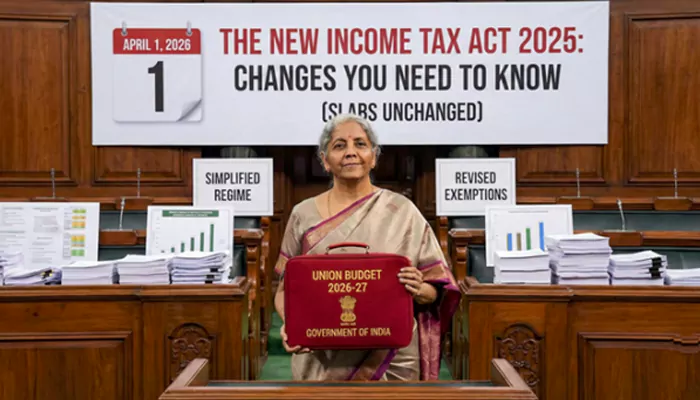Lal Bahadur Shastri’s Birth Anniversary: 10 Fascinating Facts About India’s Second Prime Minister
- Sayan Guha
- 4 months ago
- 4 minutes read
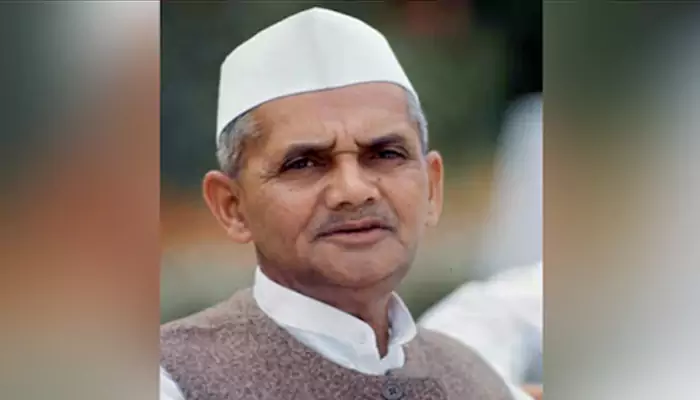
On 2nd October, Gandhi shares his birthday with a man whose humility shaped a nation
Two men, born 35 years apart, share the same birthday: October 2. One, the Mahatma, is remembered worldwide as the apostle of non-violence. The other, Lal Bahadur Shastri, the second prime minister of independent India, rarely garners the same attention, though his quiet resolve helped guide India through famine, war, and political uncertainty.
He never raised his voice, yet his words— “Jai Jawan, Jai Kisan”—still resonate across fields and barracks. Shastri was not a leader of spectacle, but of substance; not a man of slogans alone, but of sacrifice lived out in the most minor details of his life.
Here are ten meaningful facts about Shastri that beautifully highlight why his legacy should be remembered alongside that of Gandhi.

Credit: Times Now
The title that became his identity
The word Shastri—meaning scholar—wasn’t his surname when he was born. He proudly earned it in 1925 after graduating from Kashi Vidyapeeth, symbolising his deep intellectual dedication that became a cherished part of who he was.
The boy who swam to school
As a child, Shastri’s determination was clear. Too poor to afford a boat, he would swim across the Ganga every day to attend classes, with his books carefully balanced on his head. That quiet persistence later became his hallmark as a leader.
Reforming policing with humanity
As Minister of Police in Uttar Pradesh, Shastri was the first to replace brutal lathi charges with water cannons for crowd control. It was a small but symbolic change—authority tempered by compassion.

Credit: downtoearth
Championing women conductors
During his time as Transport Minister, he made a truly forward-thinking move by appointing women as bus conductors. Considering the 1950s context, this was a brave and welcoming step toward embracing gender inclusion in public life.
The milkman’s ally
The White Revolution, which transformed India from a milk-deficient country into the world’s largest producer, owes much to Shastri’s foresight. By supporting the Amul cooperative and establishing the National Dairy Development Board in 1965, he laid the groundwork for self-reliance in nutrition.

Credit: newsbharati
Sowing the green revolution
Meanwhile, he promoted scientific farming methods and irrigation projects that marked the Green Revolution. His belief that a hungry nation cannot be a strong one transformed India’s agricultural scene.
Waging war on corruption
As Home Minister, Shastri established the first committee to tackle corruption in public offices. It was an early acknowledgement that graft undermines governance from within.
An incorruptible personal code
When his own son was given an unjustified job promotion, Shastri stepped in to overturn it. For him, morality was not just a slogan but a lived discipline.
Fasting with the nation
The year 1965 brought both war with Pakistan and a severe drought. Shastri’s response was not coercion but solidarity. He called on Indians to skip one meal a week, asking them to share the load. From this, his famous slogan was born: “Jai Jawan, Jai Kisan”—honouring both the soldier and the farmer.
Building a nation, sincerity to its citizens, unity, education, healthcare and above all pride in ONE INDIA were what drove this great Indian in uncompromising service to his motherland. Happy Birthday Lal Bahadur Shastri, “Jai Jawan Jai Kisaan” will forever be true for India pic.twitter.com/xY3KKcbzfx
— Rocky Singh 🇮🇳 (@RockyEatsX) October 2, 2021
Debts and dignity
Even as Prime Minister, he lived a modest life. When he took a modest car loan of ₹5,000, his widow repaid it from her pension after his untimely death in Tashkent in 1966. Shastri became the first posthumous recipient of the Bharat Ratna, India’s highest civilian honour.
Lal Bahadur Shastri was not an oratorical giant, nor a flamboyant statesman. Yet he combined courage and simplicity in a way that made ordinary Indians believe in themselves. In times when public life is often clouded by excess and self-interest, his example shines like a lighthouse—steady, modest, unwavering.



